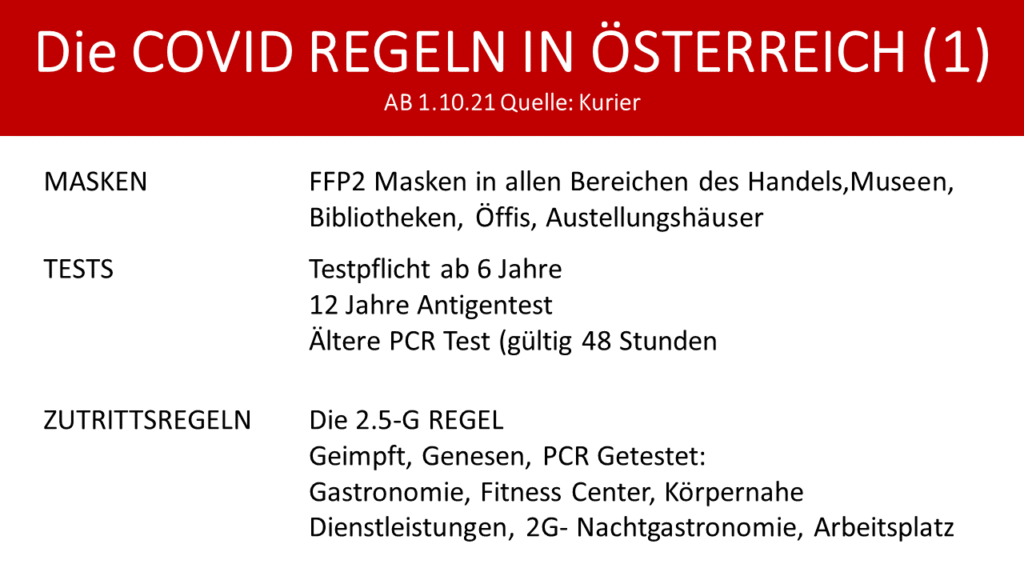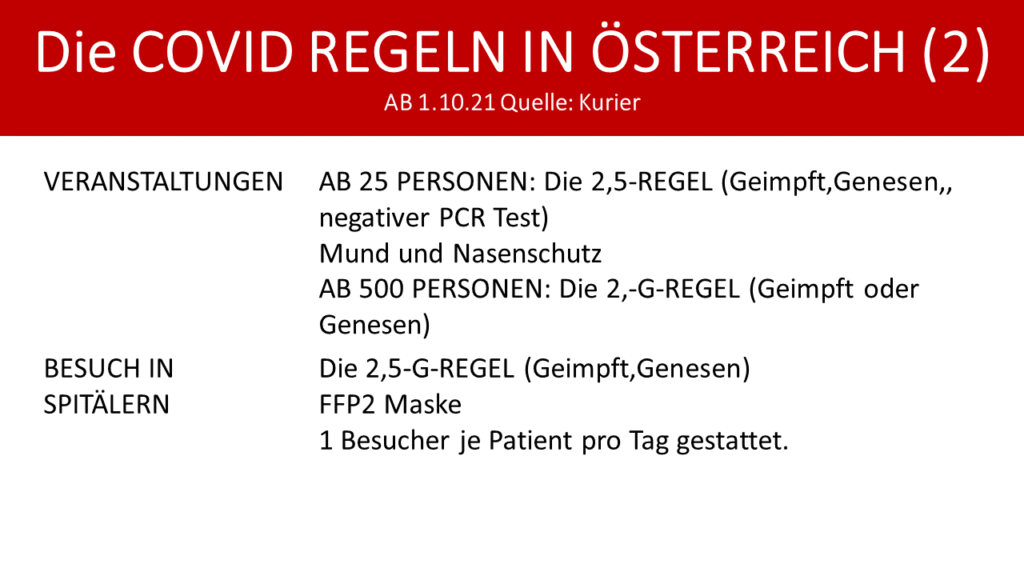In the realm of discourse, two terms that often come up are ‘facts’ and ‘opinions’. These two concepts are fundamental to how we understand, interpret, and communicate information. However, there is often confusion about what these terms mean and how they differ.
A fact is a statement that can be proven to be true or false. It is an objective reality that exists independently of our beliefs or feelings. For instance, the statement “Water boils at 100 degrees Celsius at sea level” is a fact because it can be empirically tested and verified. Facts are typically based on empirical evidence and can be confirmed through observation, experience, or scientific method.
On the other hand, an opinion is a subjective belief or viewpoint that is not necessarily based on proof or certainty. It is a personal interpretation or judgment about something, which may vary from person to person. For example, the statement “Chocolate ice cream is the best flavour” is an opinion because it reflects a personal preference that may not be shared by everyone.
Now, why should we provide facts? Facts serve as the bedrock of rational discourse. They provide a common ground for discussion and decision-making. Without facts, our understanding of the world would be based solely on subjective perceptions and beliefs, which could lead to misunderstandings and conflicts. Facts allow us to make informed decisions, solve problems effectively, and build a shared understanding of reality.
However, it’s important to note that opinions are not inherently bad or useless. They reflect our personal values, experiences, and perspectives, which are crucial for diversity of thought and cultural richness.
The key is to distinguish between facts and opinions, and use them appropriately in different contexts.
So how can we turn opinions into facts? Here are FIVE KEY STEPS:
1. **Research**: The first step in turning an opinion into a fact is to conduct thorough research. This involves gathering data from reliable sources to support your viewpoint.
Austria wanted to install Covid CUMPULSORY Vaccination as the first country
2. **Evidence**: After conducting research, you need to present your findings in a clear and concise manner. This includes providing evidence to back up your claims.

3. **Verification**: Once you have presented your evidence, it’s important to verify its accuracy. This can be done by cross-checking with other sources or consulting experts in the field.
https://www.parlament.gv.at/gegenstand/XXVII/A/2173


The Covid Rules of Austria: LOCK-OUT for Unvaccinated People


Die state-planned Covid-Gen based Vaccination
The SPIKE protein in Covid boosters damages, among other things, the inner lining of the vessels (the endothelium).
This results in clots of different sizes. These clots can block larger blood vessels. This is called an embolism. Repairing the damage can take weeks or months. The effect of SPIKE PROTEIN on repair mechanisms in the cell nucleus can lead to rapidly growing tumors and long-lasting autoimmune diseases. Worsst cases lead the DEATH

ANAPHYLAKTISCHER SCHOCK: Ist eine allergische Reaktion des gesamten Immunsystems auf die wiederholte Zufuhr körperfremder Eiweißstoffe, wie SPIKE PROTEINE und betrifft den gesamten Organismus, von leichten Hautreizungen uber Störungen der Organfunktionen bis zum anaphylaktischen Schock, der zum tödlichen Kreislaufversagen führen kann.
5. **Review**: Finally, review your work to ensure that it is free from bias and that it accurately represents the facts.
In conclusion, facts and opinions are both essential components of our discourse. While facts provide a solid foundation for rational discussion and decision-making, opinions enrich our understanding of the world by reflecting our diverse experiences and perspectives. By distinguishing between these two concepts and using them appropriately, we can enhance the quality of our communication and decision-making processes.
